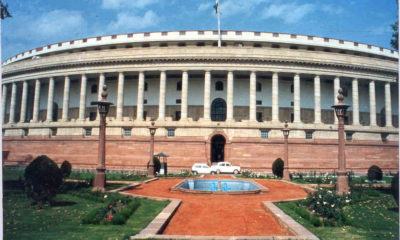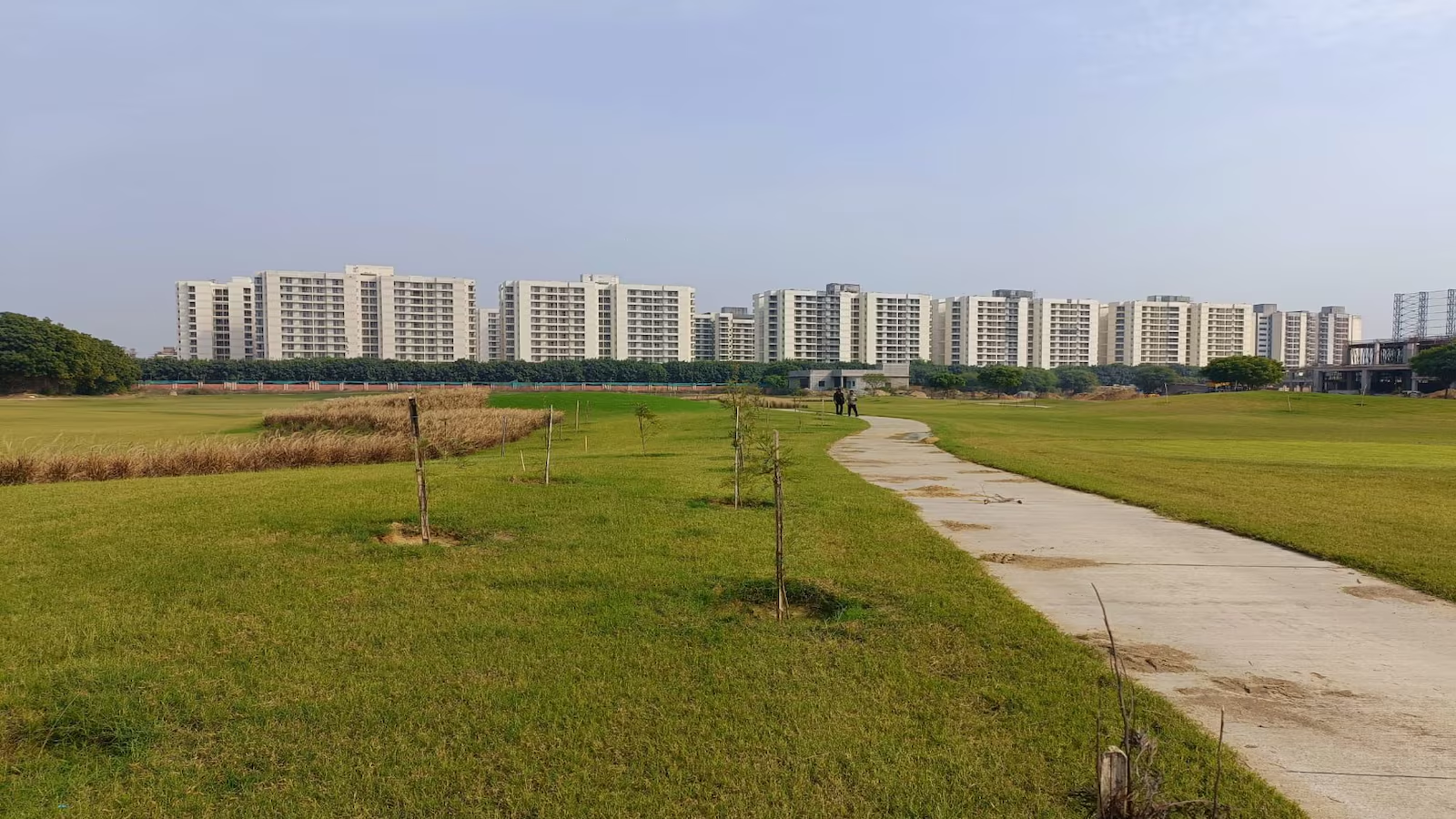Guest Column
Real Estate (Regulation and Development) Bill : The State Of Real Estate


While the provisions of the Bill are commendable, a few more need to be added along with a more comprehensive spelling out of grey details.
The Real Estate (Regulation and Development) Bill 2013 was introduced in Parliament last month for further debate and its subsequent approval. This is a welcome step, as it provides for appropriate checkpoints in key stages of a property transaction where regulation is most required.
Provisions such as restricting launch of projects or advertisements unless all approvals are received, maintaining separate ‘escrow accounts for customer receivables, sale of projects based on carpet area will indeed help bring in the much-needed transparency. The Bill also contains strong penal measures including imprisonment of promoters to clamp down on non-compliance and flouting of norms and rules. The punitive provisions include de-registration of the project and penalties are provided in case of contravention of the provisions of the Bill or the orders of the Authority proposed under the regulation. Since the Bill also regulates ‘transactions’ in the sector, all stakeholders involved in the ‘transaction’ — the promoter or seller, the allotted or buyer and the real estate agent, all three are regulated under the proposed Bill, with specified functions and duties.
The Bill also proposes to set up a real. estate appellate tribunal, headed by a sitting or a retired judge for adjudicating disputes. While the Bill seeks to provide safety measure to millions of home buyers against the irregularities of the real estate business it is imperative that regulation itself has underlying rules and regulations — that lend clarity for further implementation.
Definitions need to be clear There is inconsistency in the way floor space is calculated in India. The concept of ‘super areas’ has been used to include outdoor swimming pools, stairs, and common areas such as pavements. Therefore, the Bill stipulates of ‘carpet area as the only measurement unit to limit fraudulent practices arising from use of measurement units such as saleable area, super built up area etc. But a concern that still remains unaddressed is the definition and measurement standards for carpet area. The carpet area is interpreted differently and calculated such that it amounts to a higher area than actual. And this problem is not unique to India — it exists in many parts of the world.
The Bill, also proposes to set up a ‘central advisory council’, which should ideally be responsible for prescribing national standards and best practices in different areas, for example, property measurement, builder-buyer agreements, brokerage standards, etc. Though the council will have five state representatives on a rotation basis, the Bill is silent on setting of a similar body at the state level, where the laws may require a different treatment with immediate intervention.
As far as the Bill is concerned, the envisaged complaint-handling mechanism at the state and the city level is not clear. It is essential for government and key stakeholders to draft the complaint resolution framework along with necessary guidelines. One of the models that may be considered is setting up of state or city level ombudsman who would be responsible for adjudicating all dispute cases, much on the lines of the SEBI Ombudsman regulations and Banking Ombudsman Scheme.
In some ways, the Bill should be termed as ‘housing regulation bill’ rather than ‘real estate regulation bill’ because it does apply only to primary residential market, leaving out the secondary market and also leaving out the commercial property market. The approval process, as envisaged does not clarify the process of approval for mixed-land use projects, which have a commercial component too. Will the commercial segment be treated as a separate project? Continuance of construction activity in the vicinity, even after the possession of the apartments might be a key concern for many homebuyers, who also look for a peaceful community living.
While there are concerns, transforming the Bill into a law will help improve the image of the sector, which otherwise lacks transparency in property transactions and standardisation of practice, thus preventing it from becoming a preferred investment destination for foreign investors. There is still a long way before the Bill can become a law. The Bill has now been referred to the Parliamentary Standing Committee. It will be taken back to Parliament after the committee submits its report. It has been debated several times in the past, but a final consent is long pending. If passed, it will provide an organized operational framework to the sector.
While there are concerns, transforming the Bill into a law will help improve the image of the sector, which otherwise lacks transparency in property transactions and standardisation of practice, thus preventing it from becoming a preferred investment destination for foreign investors. There is still a long way before the Bill can become a law. The Bill has now been referred to the Parliamentary Standing Committee. It will be taken back to Parliament after the committee submits its report. It has been debated several times in the past, but a final consent is long pending. If passed, it will provide an organized operational framework to the sector.
(The writer is Managing Director of RICS South Asia)
-



 News3 weeks ago
News3 weeks agoKW Delhi 6 Mall Onboards New Brands
-



 News4 weeks ago
News4 weeks agoManasum Senior Living Launches IKIGAI GOA, A Senior Living Community in North Goa, in collaboration with Prescon Homes
-



 News3 weeks ago
News3 weeks agoCommercial Realty Gets Tech Savvy: Fast Construction, Enhanced Convenience
-



 News2 weeks ago
News2 weeks agoGodrej Properties Sells Rs 3k cr+ Homes of Godrej Zenith, Gurugram, within 3 days
-



 News4 weeks ago
News4 weeks agoBridging India Divide: Top 5 Tier- 2 Cities to Focus On
-



 News4 weeks ago
News4 weeks agoMultipoint Connection – A Definite Boon
-



 News3 weeks ago
News3 weeks agoRBI’s Status Quo on Key Policy Rates to Help Maintain the Real Estate Growth Momentum, Say Industry Stalwarts
-



 News1 week ago
News1 week agoOlive Announces Dhruv Kalro as Co-Founder

























